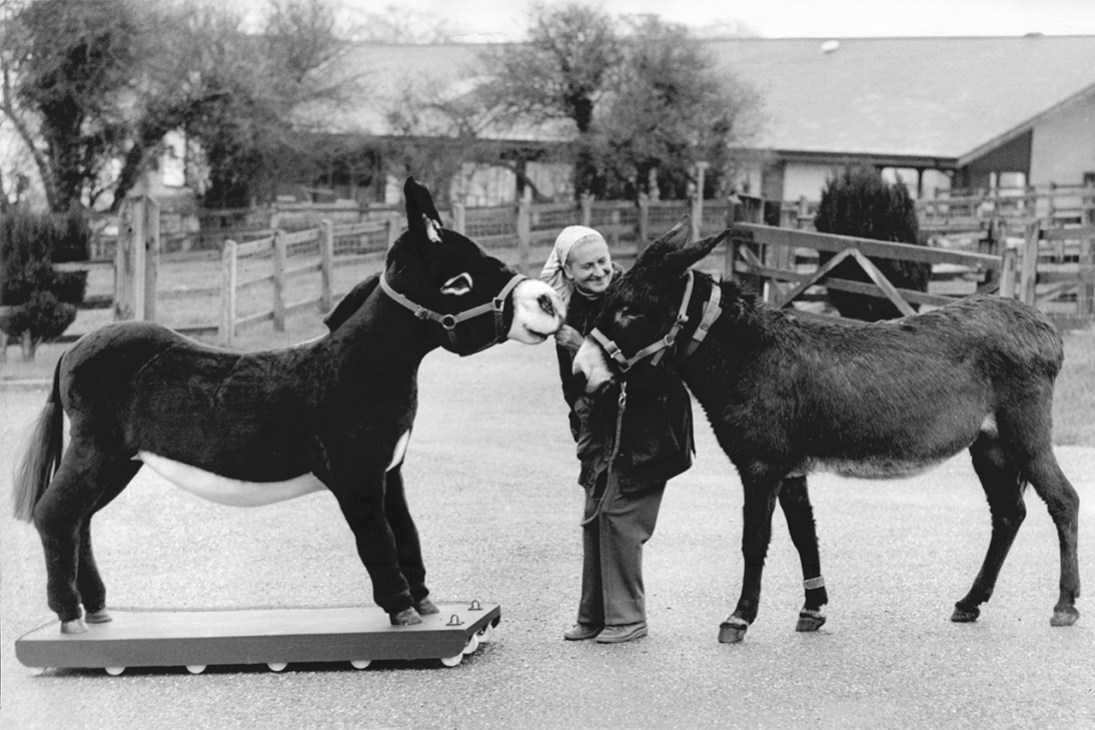An ode to silly season: regrettably, journalism has lost its high-summer lull
One weekend in summer 1987, British tabloid Sunday Express alarmed its readers with a story perfect for those keen on cuddly animals but unkeen on the deviant abominations of foreigners. Beneath the headline “Poor El Condenado [The Condemned One] Waits For His Fat Killer”, the Sunday Express waxed indignant over a bedraggled donkey scheduled to be ridden to collapse by some portly Spaniard during one of those depraved folk festivals that they have over there. (To be clear, this is a rococo paraphrasing of the Sunday Express’s angle.)
Kelvin MacKenzie, then editor of The Sun, saw the potential for a great scoop – and a grand lark. He dispatched star reporter Hugh Whittow to rescue the doomed animal. Whittow duly purchased the donkey – name of Blackie – for £250 (£725 in today’s money) and persuaded a local farmer to look after the hapless creature overnight. The Sun splashed triumphantly with “We Save Blackie”.

One rival – Don Mackay of The Star – was undeterred. He divined Blackie’s location, paid off his keeper and spirited the donkey out from under the nose of The Sun back to the UK, where Fleet Street’s finest waited agog at Portsmouth docks. The Star’s gleeful headline was “Gotcha!”
This saga endures in the folklore of British journalism as perhaps the classic silly-season story but the idea of silly season has deeper roots: London weekly The Saturday Review employed the phrase as far back as 1861. “Silly season” means the summer months, when politicians are on holiday, the royal family is pestering ruminants on the moorlands of Balmoral, the football is in abeyance and celebrities, whose antics can usually be relied on to fill a few pages, are away absorbing Caribbean sun.
Newspapers, therefore, had to make their own fun. Sightings of the Loch Ness Monster were always popular (delightfully, Scottish newspapers maintain the tradition – this year, The Inverness Courier, for one, carried a report of “something long and thin” spotted in the wake of a motorboat). In the 1990s, crop circles became a motif of silly season, illustrating the law that any headline ending with a question mark can be answered with “no”. Were they psychic signals from some ancient civilisation? Were they the landing pads of alien spacecraft? Were they the hobby of bored, attention-seeking farmers? (Actually, yes, it turned out.)
Silly season no longer exists as a discrete period. On social media especially, it’s always silly season: we are only ever one idle scroll from someone, somewhere, whether motivated by mischief or malevolence, flamming up frivolity or inanity into cause célèbre. It doesn’t help that Earth’s most powerful individual is an incessant source of silliness, which we are obliged to take seriously because of the office that he holds. Newspaper travel budgets are not what they were. It’s a shame, as Trump’s tariffing of the blameless penguins on the Heard and McDonald Islands would once have prompted a sprint of chartered helicopters and headlines along the lines of “WADDLE THEY DO?” above pictures of some grinning hack planting his paper’s flag on the beach.
Andrew Mueller is the host of Monocle Radio’s ‘The Foreign Desk’. For more opinion, analysis and insight, subscribe to Monocle today.



